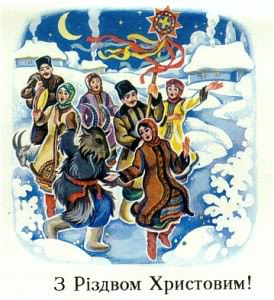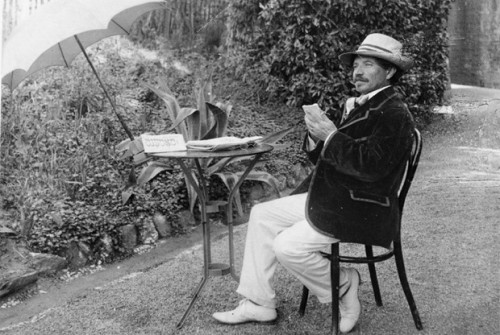(Läsningstid: 3 minuter)This is an article for my Ukrainian readers that may be interested in knowing how the discussions goes in Sweden about Swedbank’s engagement in Ukraine. I will focus some on how the debate has been going, and I will continue tomorrow with an interpretation on how one can see Swedbank’s engagement in Ukraine and what one can fear from their present and future actions.
A couple of weeks ago I had a chat with a friend from Kiev/Kyiv about the financial crisis and the effects on her own business. I was rather stunned when she said that Swedbank was considered to be one of the good banks, or even “good guys”, since they were staying in Ukraine and didn’t try to escape from the financial crisis. I was stunned, because I thought people in Ukraine (and in the Baltic states) wanted to get rid of banks as Swedbank. This was actually caused by my understanding that banks, as Swedbank, played a very important role in increasing the financial crisis among those countries.
The tone and the degree of irritation has been much greater in Sweden than in Ukraine. Many Swedish newspapers has during the past year written articles that actually focus on how Swedish banks could, or even should, withdraw their interests for Ukraine and the Baltic states. Swedbank has the greatest capital and loaning in Ukraine and the Baltic states among the Swedish banks. This have made them rather exposed for Swedish critic in media. This has been compromised with Swedbank’s rather daring attitude, for instance with buying Kommerzbank in 2007, which has been a course of irritation among media and Swedish small investors. It is actually possible that Swedbank’s action just didn’t fit with Swedish values, such as to be humble and trying to avoid all negative attraction to oneself. But the purchase of Kommerzbank could also be seen as a millstone for the bank. Swedbank is in a rather deep dip and the downward spiral never seems to end and the Kommmerzbank purchase haven’t made their situation better, but rather worse!
My interpretation is that Swedish savers have been rather critical against Swedbank’s refusal of giving up their Eastward investments, and mainstream media have not been helping the situation much. Last week the state owned television, Sveriges Television, had a reportage about a Latvian farmer family that had to leave their farm, slaughter all their animals and sell all their properties to be able to pay Swedbank back. But even so, their debt to Swedbank was still around € 96 000. These kind of stories are pretty effective in Sweden I’d say, especially because Swedes in general never wants to be villains that rob people in other countries, that possibly have a much tougher situation than ourselves. Swedes are used be the “good guys”, and being a brick in a great global economic war on high financial level, leaving many as losers and rather few are winners.
The above recounted story are however a rather fresh element in Swedish media. The main focus was previously on how Swedbank’s actions could affect Swedish investors and the labor force in Sweden, without little account on a global scale. From a personal point of view I appreciate that Swedish media has been able to change their perspective and not only showing concern for the well-being of Swedish investors and savers.
But I can also see several problems with having a negative focus on Swedbank’s engagements in Ukraine, since it could discourage other investors. Especially in regard to what I mentioned above, no Swede really wants to be depicted as the bad guy. But even so, we might also ask ourselves why Swedbank think it is so important to stay in Ukraine and Baltic states? You do not need to be too conspirotial to believe that Swedbank have a greater scheme by staying. I will therefor continue the discussions tomorrow and highlight Knut Kainz Rognerud’s book “Det stora bankrånet” (“The big bank robbery”), and how he urge that banks, as Swedbank, actually made the financial crisis greater in Ukraine and the Baltic states.





